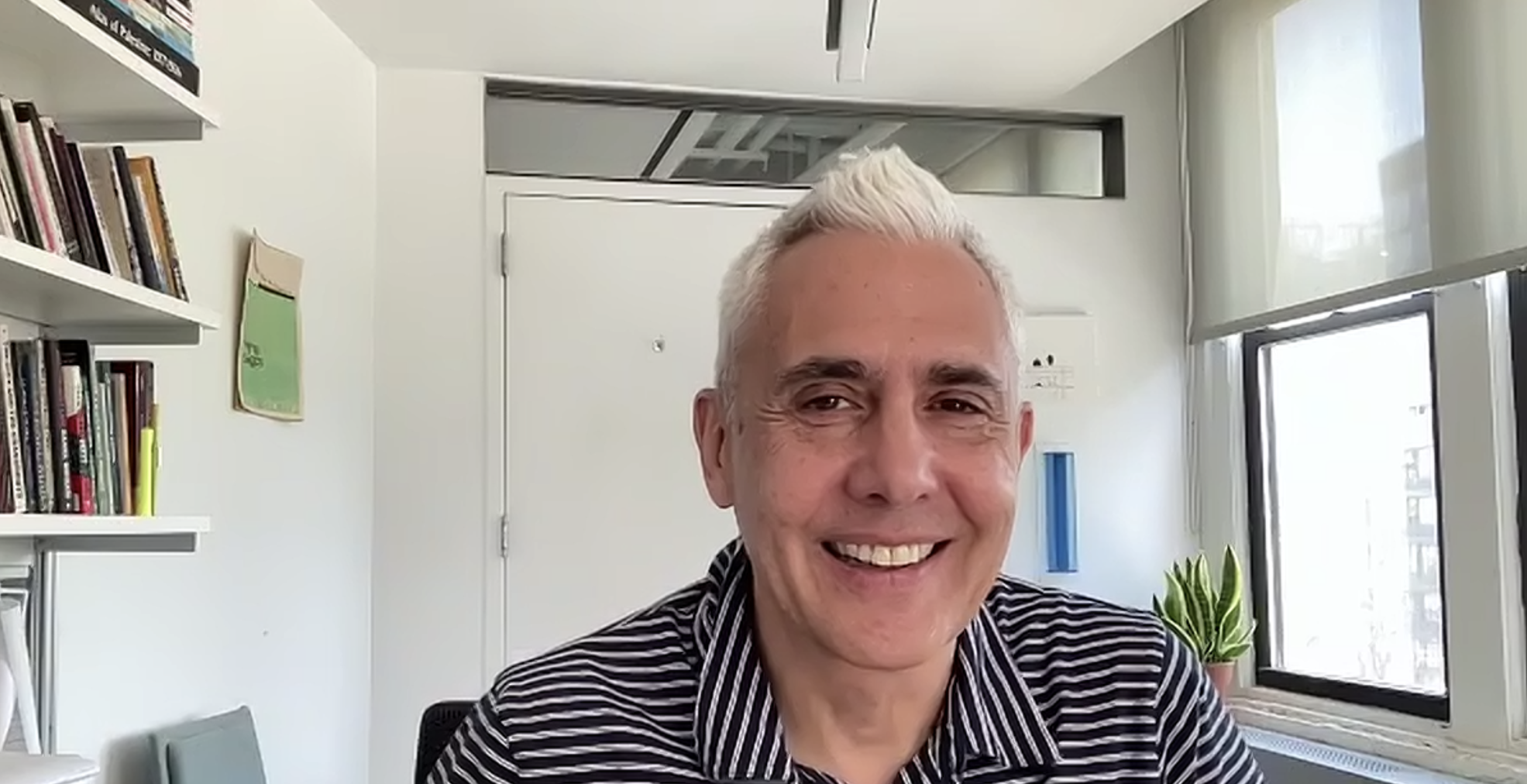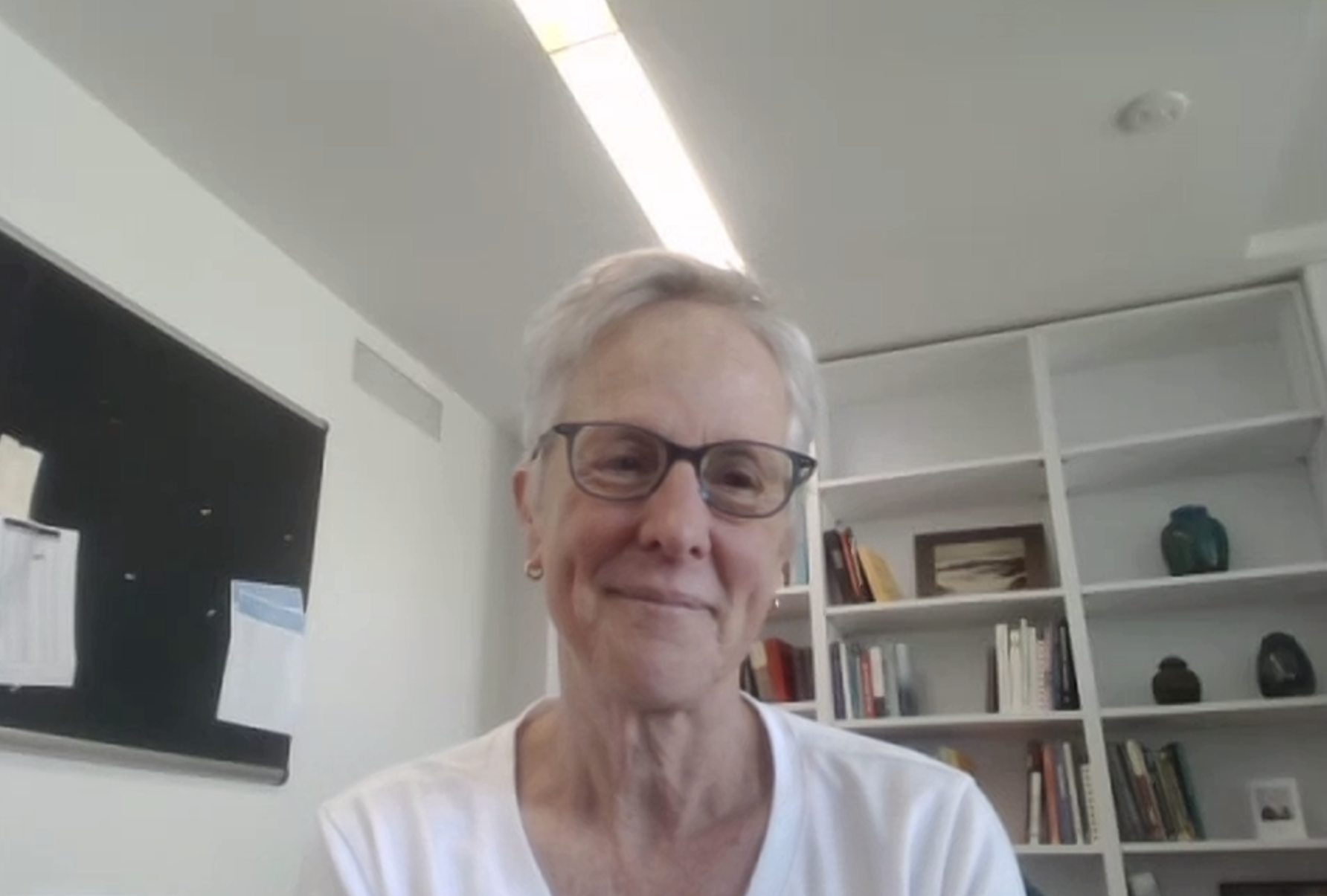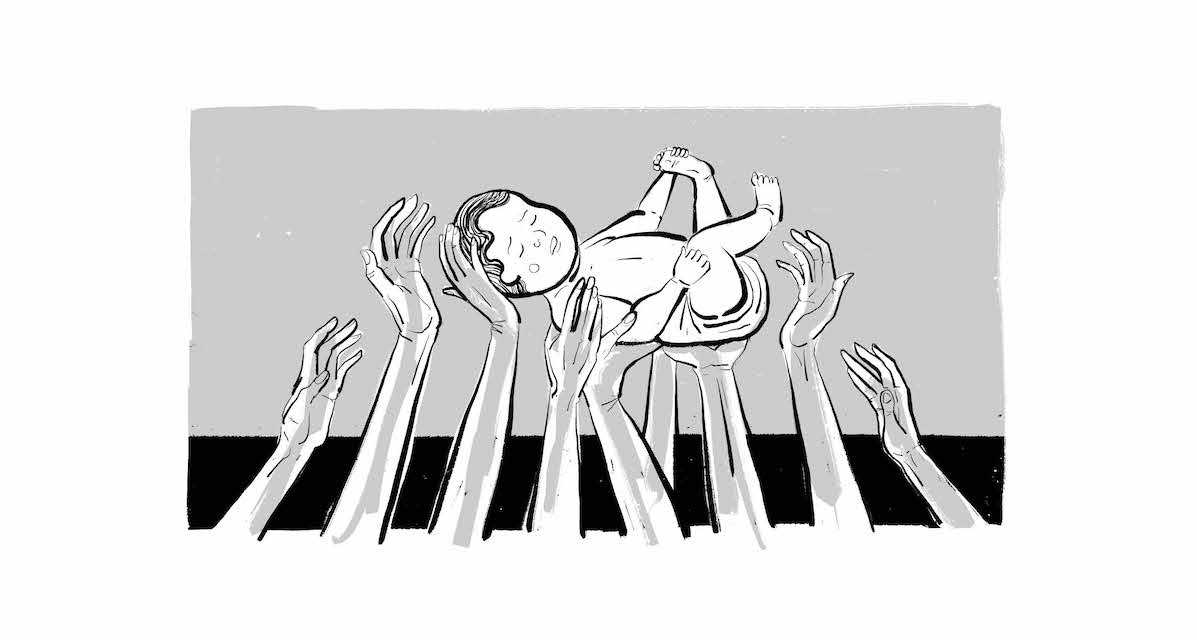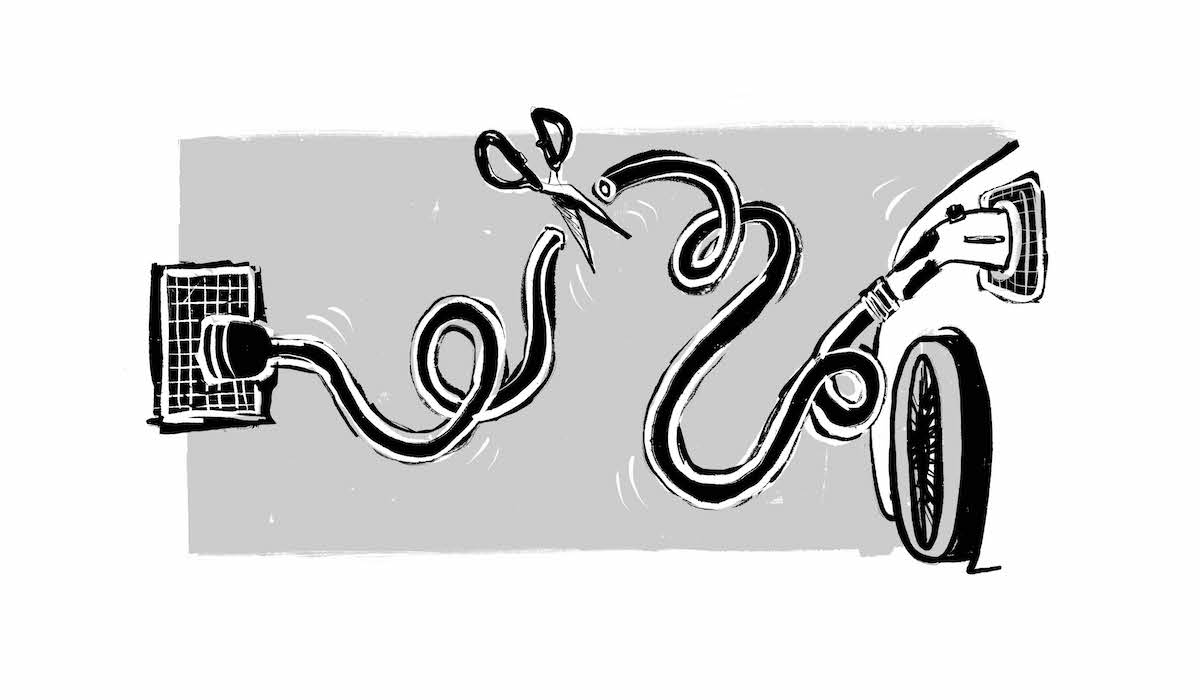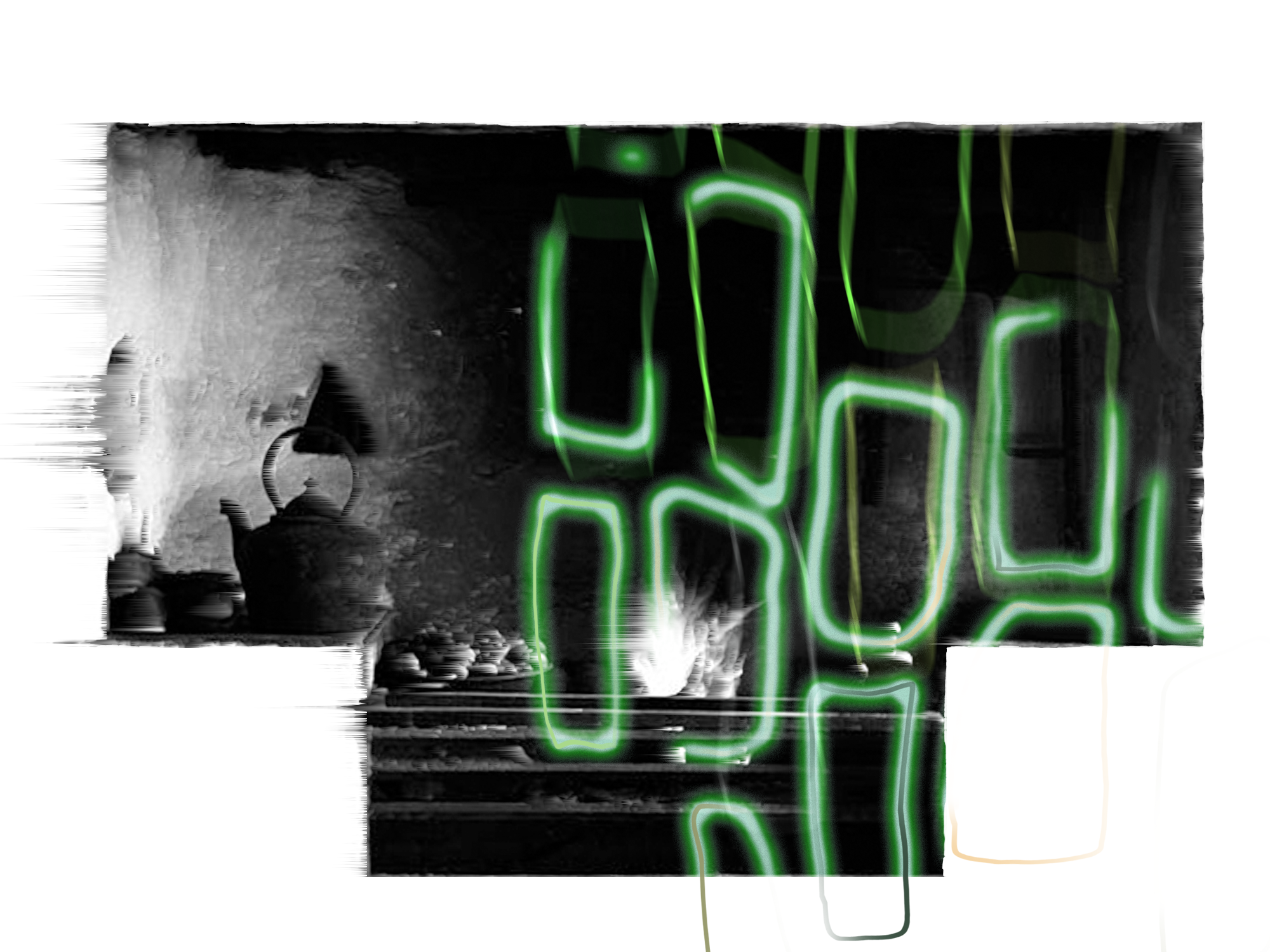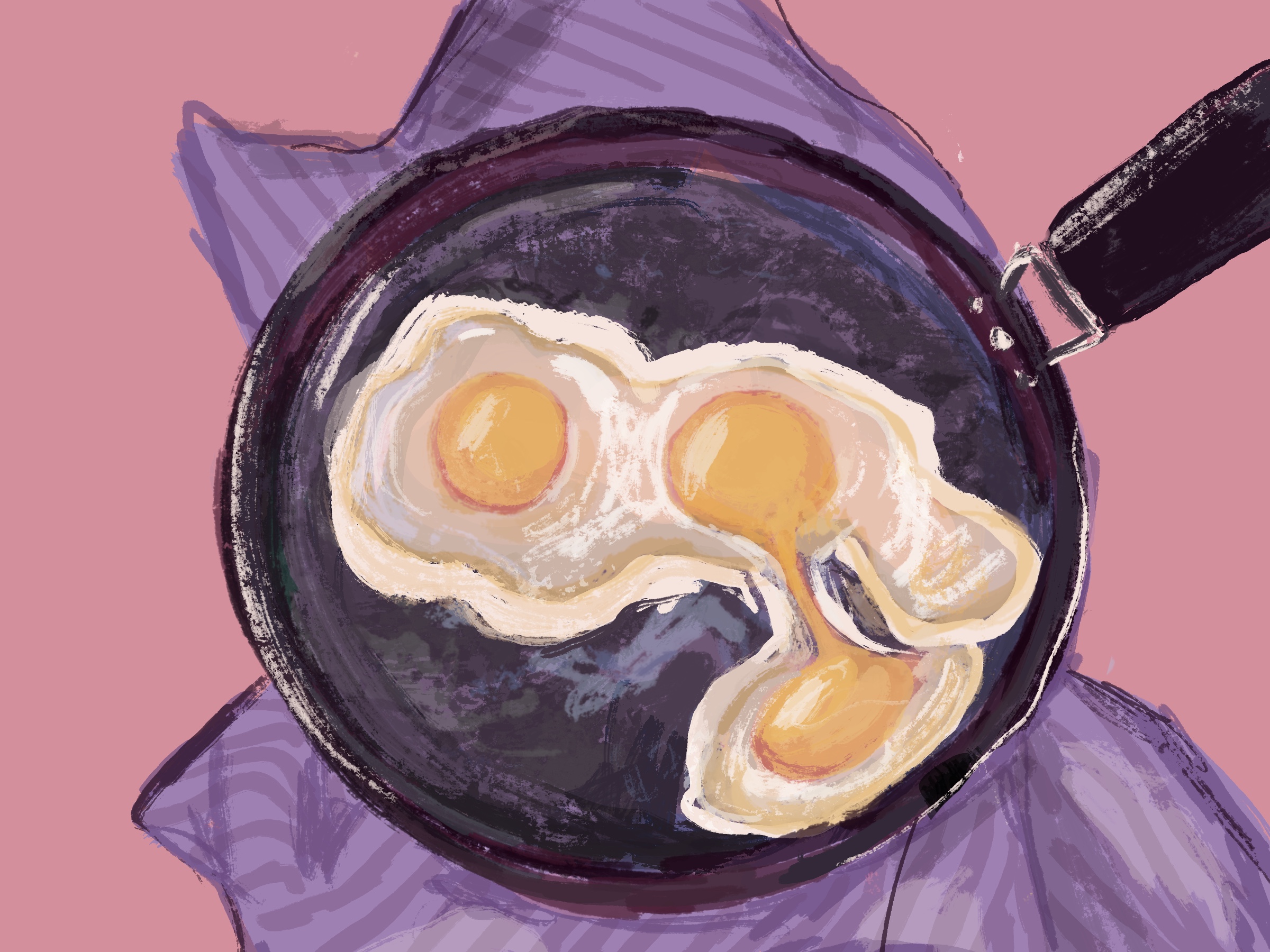Latest
June 24, 2025
“Losing Any Claim to Moral Leadership” | An Interview with Nikhil Pal Singh
The Drift Editors
The Drift first spoke with Nikhil Pal Singh at the dawn of Joe Biden’s presidency, shortly after the January 6 riots. Trump, we wrote in our introduction to that interview, was “finally, dramatically out of office,” and “efforts to historicize his tenure” had “already begun.” At the time, Singh — a professor of social and cultural analysis and history at NYU, founding faculty director of the NYU Prison Education Program,...
June 24, 2025
“They’re Using Megaphones” | An Interview with Wendy Brown
The Drift Editors
In the first issue of The Drift, we kicked off our interview series with Wendy Brown, one of the foremost political theorists in the United States. That conversation, which took place in between the onset of Covid and the eruption of the George Floyd uprising, largely centered on the role of neoliberal ideology — as articulated by Brown in books like Undoing the Demos (2015) and In the Ruins of...
June 20, 2025
My Mother’s Husbands | Fiction
Mariah Kreutter
I think it was very selfish of my father to die in September. That was always my favorite month. Cruel, too, to die right at the beginning — of cool nights, golden afternoons, a blissful absence of mosquitoes. Withered leaves, shriveled flies. September always felt new, even as around me things were dying, and I think that’s why I liked it. It is September, now, as I write this. I have...
June 17, 2025
Anti-Anti-Rape | On the #MeToo Backlash
Jamie Hood
After sexual assault allegations against author Neil Gaiman resurfaced in January, “Red Scare” host Anna Khachiyan wrote: “Are we really still doing this? #MeToo was rejected at the ballot box!” In the wake of almost a decade of anti-anti-rape sentiment — much of which calcified in the hyper-discursive, ideologically slippery podcast and social media sectors — Khachiyan’s refried Paglia-isms hardly shock. What alarmed me was an accelerating sense that I...
June 12, 2025
Agit-Slop | The White House’s Numbing Aesthetic
Mitch Therieau
In the video, two brown-skinned men — shot mostly from their torsos down, the camera rising briefly to reveal glimpses of faces and a tattooed neck — stand handcuffed in front of an airplane. They are marched up the jetway, before receding into a warm blur. Two words stand out below the haze, painted in bright green lettering on the side of what looks like a truck: “BORDER PATROL.” The...
June 3, 2025
Competing Moral Visions | Two Paths for Pronatalism
Gaby Del Valle
At this year’s Conservative Political Action Conference, held just one month into Trump’s second term, Attorney General Pam Bondi took the stage to inform the audience that Trump’s cabinet officials were the best of friends. “We’re all on the phone together all the time,” Bondi gushed, calling Environmental Protection Agency administrator Lee Zeldin “a dear friend” and Elon Musk her “buddy.” Bondi was clearly attempting to quell rumors of discord;...
May 22, 2025
A Disaster Big Enough | Climate Policy on Life Support
Jake Bittle
In November 2024, one week after the presidential election, I attended the United Nations climate change conference in Baku, the capital of Azerbaijan, a major oil producer. The globe was still reeling from Trump’s victory, which many negotiators believed would spell the withdrawal of the United States from the climate fight. Trump had pledged to exit the Paris climate accord and “terminate the Green New Deal” — a reference to...
May 15, 2025
Unified Purpose and Total Vision | Our New Department of Justice
Piper French
A typically deranged February DOJ memo designating immigration enforcement as the department’s new priority begins with a little rhetorical flourish: “The Department of Justice is the only federal agency with a name that includes a moral imperative.” By now, we have all become so inured to the Trump administration’s talent for stripping meaning from words that this line almost doesn’t faze; it’d be corny to call it Orwellian. Though perhaps...
December 18, 2024
Rented World | Poetry
Ridwan Tijani
Time cuts me down like a clipped coin and I’m no longer sufficient unto myself. — Osip Mandelstam Cloud horses cross sun Think great death of fireflies Sit on cracked stoop counting deaths Tinnulus tinnitus Know gods aren’t meant to be weightless Alcuin of York found it easier loving beautiful creatures sweet scents & lovely sounds Here decades like days Trudge fulvid streets rustracked & full Full of submerged laughter....
December 18, 2024
Margaret | Fiction
Ji Hyun Joo
Margaret is growing another boob. She suspects — she’s not entirely sure. For the past few weeks a lump, now the size of a kiwi, has been swelling between her right breast and armpit. Margaret first noticed it in the shower, back when it was a very slight bump. It didn’t feel hard like she imagined a tumor would feel, which is why she left it alone, assuming that it...


